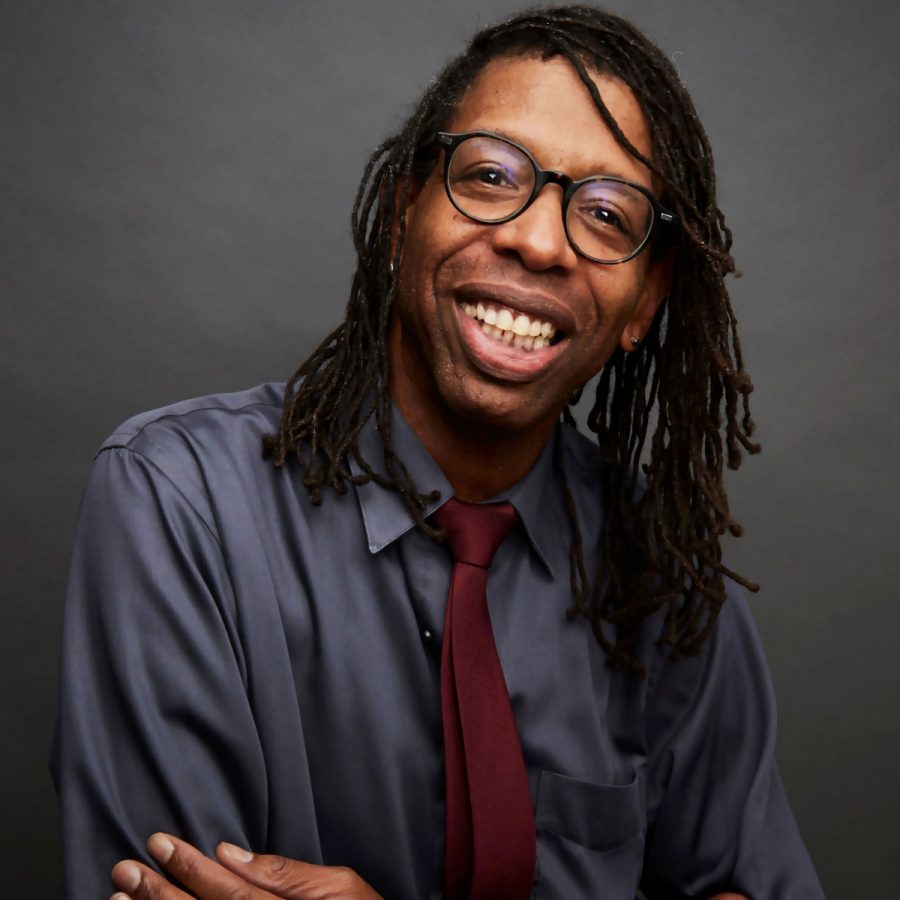“The Whites” is a play that rests on a controversial premise: what if black people had enslaved white people? What if black cops were shooting white people at an alarming rate? What if whites once had to sit in the back of the bus?
Playwright William Electric Black, also known as Ian Ellis James, is a professor at Tisch and seven-time Emmy winner for his work on “Sesame Street.”
His investment in examining social issues through theater is evident. In 2009, he directed “Lonely Soldier Monologues: Women at War in Iraq,” a staged series of monologues at Theater for the New City. He also wrote and directed “Gunplays,” a series of five plays on gun violence. Both works were well received.
This new play centers around the Whites, a white family living as a racial underclass and faced with social problems like local gun violence, substance abuse, prisoner recidivism and poor public education.
In the program, Black identifies the play’s purpose: “Walk in the shoes of other people. See what they see, feel what they feel. It’s okay to feel angry about this play.”
I left the show more bewildered than angry. It seems to me that the purpose of all theater, and all storytelling for that matter, is to walk in the shoes of someone else. What I do not understand is why Black feels he has to reverse the races for his audience — ostensibly, a white audience — to be able to fully suspend their disbelief and empathize with his characters.
He offers his explanation in the show’s stage directions, writing: “White people are always visible. Black people, throughout our history, have been invisible.” The set reflects this absence, with white wooden chairs, a white park bench, a white fire hydrant, a white garbage can, a white basketball hoop and a white fence.
But I’m critical of Black’s response to this historic erasure of black faces and voices. It is precisely due to their historic absence and to the ubiquity of whiteness that the exclusion of black people from this show does not haunt the stage nor offer commentary on their exclusion. Rather, it does nothing more than directly reproduce the problem. To actually rectify the invisibility of black people in popular narratives, they need to, at some point, be seen.
Involving black actors in the production may have opened up space for a collaborative reckoning with our nation’s racist history, on which our current systems are still founded. But because black actors were excluded from the stage, it felt like they were neither given a hand, nor a say, in the storytelling.
Black relies on stock characters and stereotypes, from street corner madman “Ujamma Man” to a local advice columnist Miss Martha, who has a penchant for sweet potato pie, without subverting any expectations giving deeper analysis to the use of these tropes.
Wilson said he sought to capture “the poetry in the everyday language of black America.” Black’s dialogue reveals a similar aim — a bass player playing black hymns, folk & soul songs, and the decision to feature the Negro National Anthem throughout the show channel this musicality — but it turns sour when he puts this poetry into the mouths of white actors.
I want to give Black the benefit of the doubt here. At the end of the day, he has lived as a black person in this country, and I have not. But as is the case with any politically loaded show, the audience should not leave wondering what exactly the play means or why it was written. The play essentially just switches the terms “black” and “white”; no new truth is revealed beyond the shock value. If viewers are angry, it should be at the problems the play has exposed, not at the play itself.
“The Whites” poses the question “what if?” but it fails to move past its premise and actually examine the implications of that “what if.” If you’re angry, I don’t blame you. And apparently, neither does the playwright.
“The Whites” is playing at Theatre for the New City, 155 First Ave., through Nov. 24.
Email Julie Goldberg at [email protected].
























































































































































